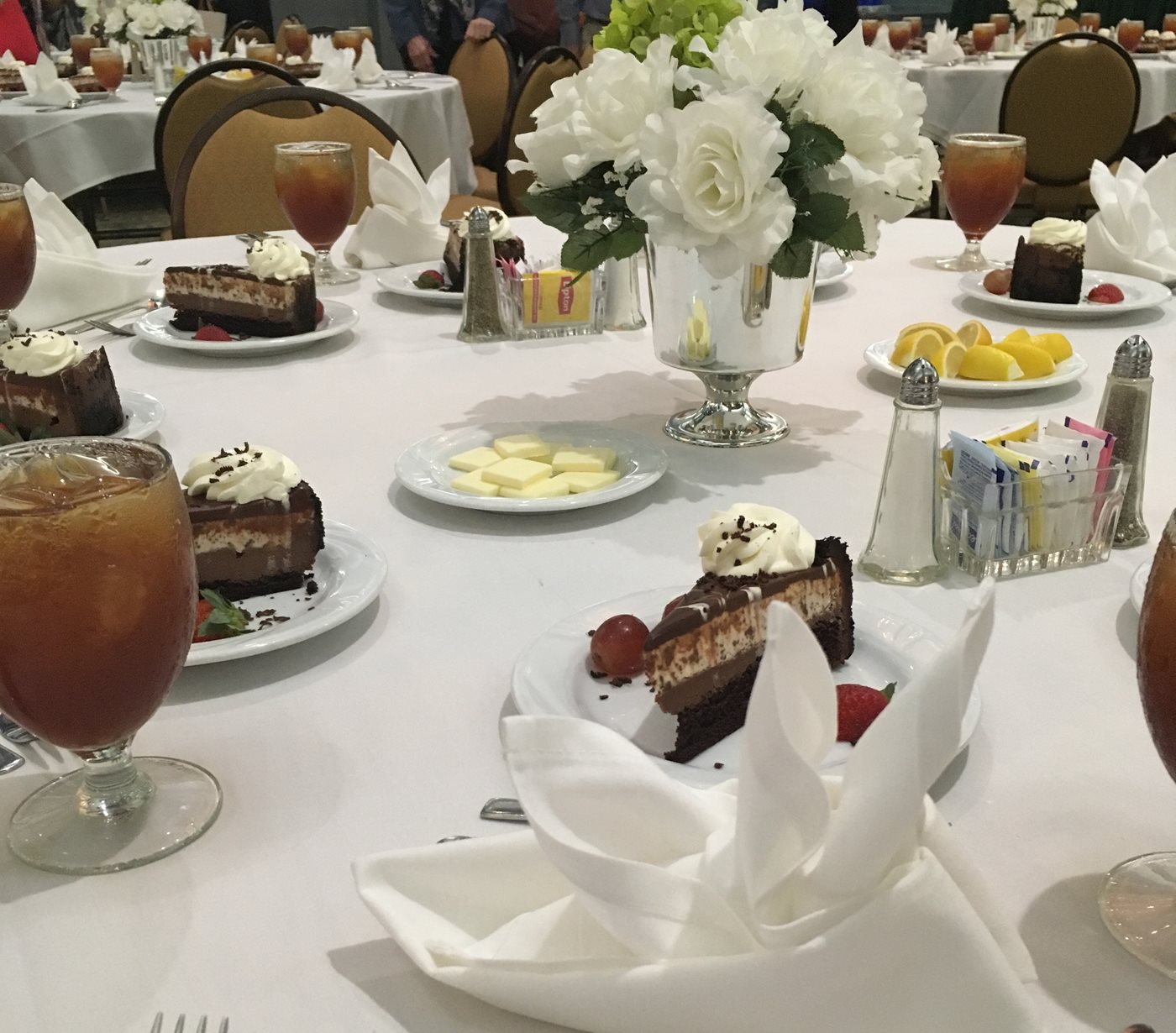February 2019

- Seek the advice of those who’ve been in your shoes. Talk to faculty members and other graduate students to see which conferences are worthwhile for you to attend. Everyone has their favorites, so try to get multiple perspectives. Your resources will likely be much more limited than those ahead of you, so don’t try to do exactly as they are doing, instead take the longer view.
- Apply for all the travel funding you can find. Most colleges and departments have budgeted for graduate student travel costs and have application processes to get help with traveling. Many do require that you be an active participant in the conference however, so…
- Find a way to participate beyond just attending. Most conferences have activities or opportunities to present and contribute for graduate students. The bar of acceptance for students is typically lower than that of normal research presentations, so take advantage of them! You’ll get the experience of submitting a proposal, receiving feedback and then presenting to an academic audience. Plus, you can start building up your CV with those experiences.
- Relatedly, be strategic about your presentation topics. Tie your presentations to future publications and maximize your efforts instead of creating more work for yourself.
- This is a business trip. It’s tempting to travel for school but fall into the tourist model of time management when in attendance (I blame the hotel atmosphere personally). Don’t be afraid to have a little fun, but make attending other presentations and workshops a priority.
- Network, network, network. As you attend sessions, take some notes and ask the presenters questions (you can wait until they’re off-stage if that’s less intimidating). Strike up a conversation with others in the room – remember, they’re here because they’re interested in the subject being presented, so start there for an icebreaker. Attend the graduate student events or social gatherings if possible. Get some cheap business cards and hand those out to people you connect with.
- Relatedly, follow up on topics you heard presented or scholars of interest that you met once you return back home. Don’t be afraid to follow scholars on ResearchGate, LinkedIn or another professional social network so that you can see any new publications they may produce.
- Lastly, be financially wise. Conference hotels are convenient, but you’re often paying a premium for staying in that locale (even with the conference discount). If you can, find a small group of graduate students and share an Airbnb or look for less expensive hotel options. Don’t compromise on safety, but you can often knock some significant dollars off your spending by downgrading from 4 star to a 3 star accommodations. Have some fun and enjoy local eateries and attractions if you have the chance, but try to eat cheaply a couple of meals as well (free breakfast at the hotel can accomplish this easily).
Best of luck this spring! Have a great and productive time at your conferences. Feel free to share any other tips or experiences in the comments section.
--- Jeffrey Keese
Jeffrey Keese is a PhD student in the College of Education